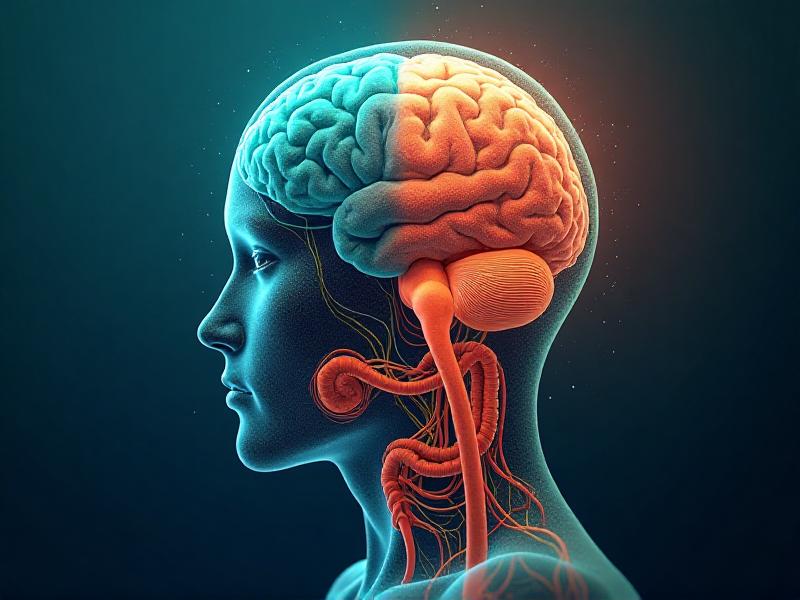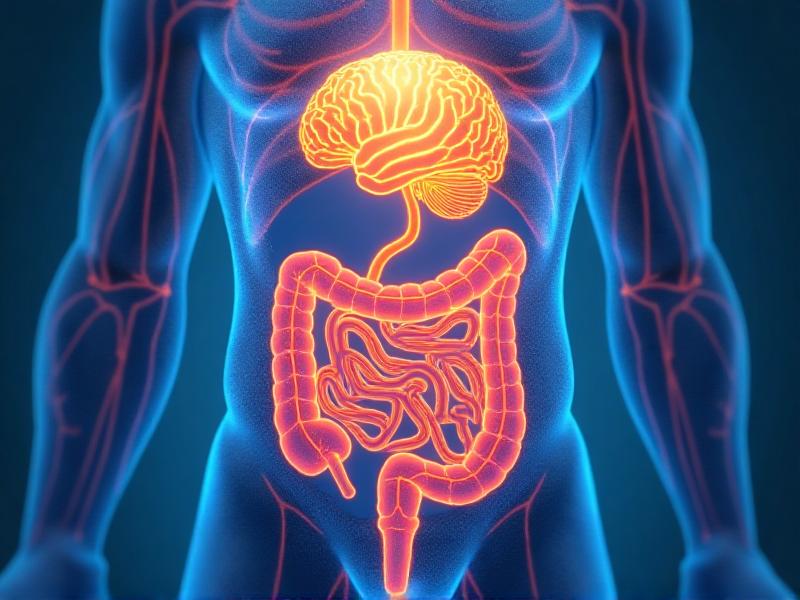Understanding Mental Health Through Microbial Lenses
The Gut-Brain Axis: A Microbial Highway
The gut-brain axis is a complex communication network that links the emotional and cognitive centers of the brain with peripheral intestinal functions. Recent research has revealed that the gut microbiota, the trillions of microorganisms residing in our digestive tract, play a pivotal role in this bidirectional communication. These microbes produce neurotransmitters like serotonin and dopamine, which are crucial for regulating mood and mental health.
The gut microbiota also influences the immune system, which in turn affects brain function. For instance, certain gut bacteria can trigger the release of cytokines, small proteins that can either promote or reduce inflammation. Chronic inflammation has been linked to various mental health disorders, including depression and anxiety. Understanding the gut-brain axis through microbial lenses offers a new perspective on how our diet, lifestyle, and even antibiotics can impact our mental well-being.
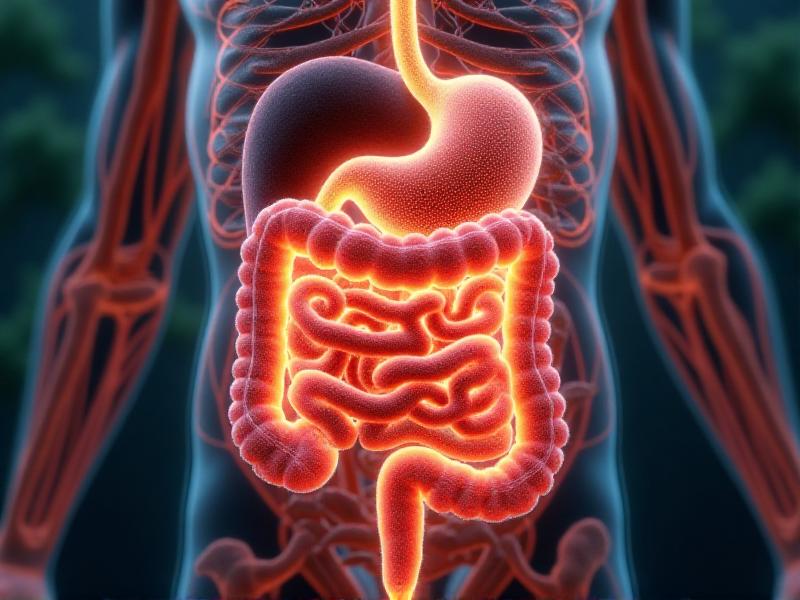
Microbiota Diversity and Mental Resilience
The diversity of the gut microbiota is a key factor in maintaining mental resilience. A rich and varied microbiome is associated with better mental health outcomes, while a lack of diversity has been linked to conditions like depression, anxiety, and even autism. The balance of different microbial species in the gut can influence the production of short-chain fatty acids (SCFAs), which have anti-inflammatory properties and can cross the blood-brain barrier to affect brain function.
Factors such as diet, stress, and antibiotic use can significantly impact microbiota diversity. For example, a diet high in fiber promotes the growth of beneficial bacteria, while a diet high in processed foods can lead to an overgrowth of harmful bacteria. Stress, on the other hand, can alter the composition of the gut microbiota, leading to a decrease in beneficial species. By understanding the importance of microbiota diversity, we can take proactive steps to nurture our mental health through dietary and lifestyle choices.
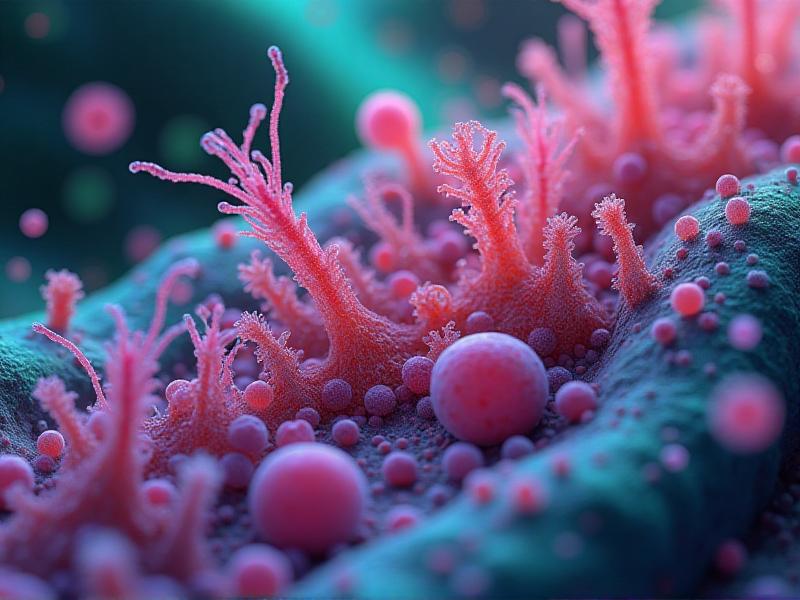
The Role of Probiotics and Prebiotics in Mental Health
Probiotics and prebiotics have gained significant attention for their potential to improve mental health. Probiotics are live beneficial bacteria that can be found in fermented foods like yogurt, kefir, and sauerkraut. These bacteria can help restore the balance of the gut microbiota, which in turn can have a positive impact on mental health. Studies have shown that certain strains of probiotics, such as Lactobacillus and Bifidobacterium, can reduce symptoms of anxiety and depression.
Prebiotics, on the other hand, are non-digestible fibers that serve as food for beneficial gut bacteria. Foods rich in prebiotics include garlic, onions, bananas, and asparagus. By promoting the growth of beneficial bacteria, prebiotics can help maintain a healthy gut microbiota, which is essential for mental well-being. The combination of probiotics and prebiotics, often referred to as synbiotics, offers a promising approach to supporting mental health through microbial intervention.
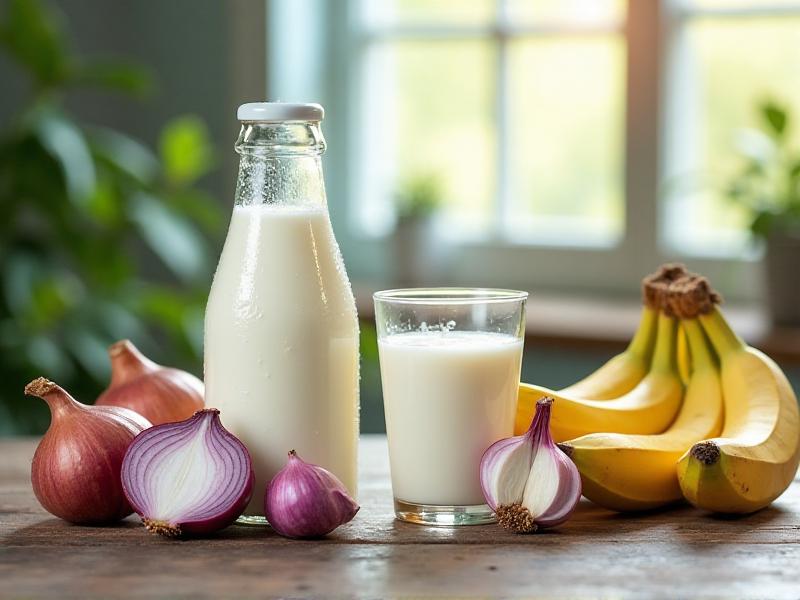
Stress, Anxiety, and the Microbiome
Stress and anxiety are common mental health issues that can have a profound impact on the gut microbiome. Chronic stress can lead to dysbiosis, an imbalance in the gut microbiota, which can exacerbate symptoms of anxiety and depression. The gut-brain axis plays a crucial role in this relationship, as stress signals from the brain can alter gut function and microbial composition.
Conversely, an unhealthy gut can send signals to the brain that increase stress and anxiety. This vicious cycle can be broken by interventions that target the gut microbiota, such as probiotics, prebiotics, and dietary changes. Mindfulness practices, such as meditation and yoga, have also been shown to positively influence the gut microbiome, reducing stress and improving mental health. Understanding the interplay between stress, anxiety, and the microbiome can help us develop more effective strategies for managing these conditions.

Depression and the Microbial Connection
Depression is a complex mental health disorder that has been linked to changes in the gut microbiota. Research has shown that individuals with depression often have a less diverse gut microbiome compared to healthy individuals. Certain microbial species, such as Faecalibacterium and Coprococcus, are found in lower abundance in people with depression, while others, like Bacteroides, are more prevalent.
The gut microbiota can influence depression through various mechanisms, including the production of neurotransmitters, regulation of the immune system, and modulation of the hypothalamic-pituitary-adrenal (HPA) axis, which controls the body's response to stress. By targeting the gut microbiota with interventions like probiotics, prebiotics, and dietary changes, it may be possible to alleviate symptoms of depression and improve overall mental health.

The Impact of Antibiotics on Mental Health
Antibiotics are essential for treating bacterial infections, but their overuse can have unintended consequences for mental health. Antibiotics can disrupt the balance of the gut microbiota, leading to a condition known as dysbiosis. This disruption can affect the production of neurotransmitters and the regulation of the immune system, potentially leading to mental health issues such as anxiety and depression.
The long-term use of antibiotics has been associated with an increased risk of developing mental health disorders. However, the impact of antibiotics on mental health is not uniform and can vary depending on factors such as the type of antibiotic, the duration of use, and the individual's baseline gut microbiota. Understanding the potential mental health risks associated with antibiotic use can help healthcare providers make more informed decisions and encourage the development of alternative treatments that minimize harm to the gut microbiome.
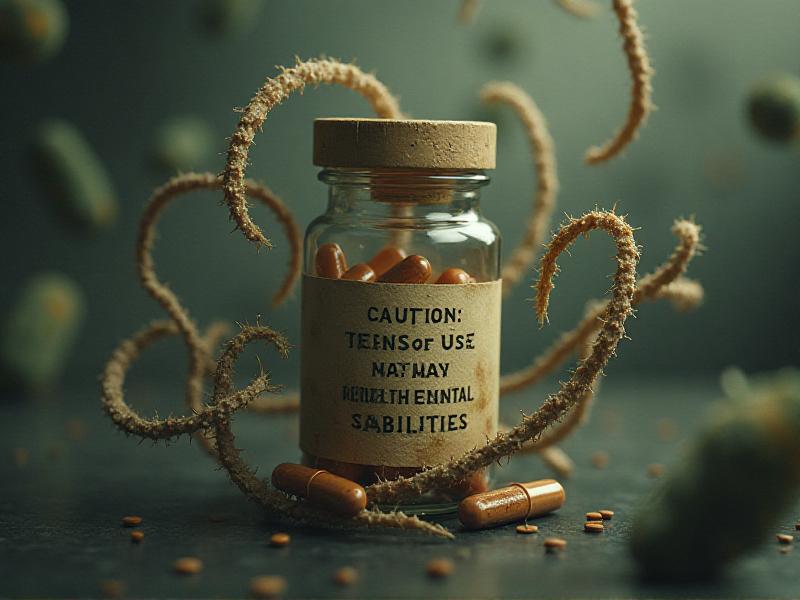
Dietary Choices and Microbial Influence on Mental Health
The food we eat has a direct impact on the composition and function of our gut microbiota, which in turn influences our mental health. A diet rich in whole foods, such as fruits, vegetables, whole grains, and lean proteins, promotes the growth of beneficial bacteria and supports a healthy gut-brain axis. On the other hand, a diet high in processed foods, sugar, and unhealthy fats can lead to an overgrowth of harmful bacteria and contribute to mental health issues.
Specific dietary patterns, such as the Mediterranean diet, have been shown to have a positive impact on mental health. This diet is rich in fiber, antioxidants, and healthy fats, all of which support a diverse and balanced gut microbiota. By making mindful dietary choices, we can nurture our gut microbiome and, in turn, support our mental well-being.

Future Directions: Microbial Therapies for Mental Health
The growing understanding of the gut-brain axis and the role of the gut microbiota in mental health has opened up new avenues for treatment. Microbial therapies, such as fecal microbiota transplantation (FMT) and targeted probiotics, are being explored as potential treatments for mental health disorders. FMT involves transferring gut microbiota from a healthy donor to a recipient, with the goal of restoring a healthy microbial balance.
While these therapies are still in the experimental stages, early results are promising. For example, FMT has shown potential in treating conditions like depression and anxiety, particularly in individuals who have not responded to traditional treatments. As research in this field continues to advance, microbial therapies may become a valuable tool in the mental health treatment arsenal, offering new hope for those struggling with mental health disorders.








